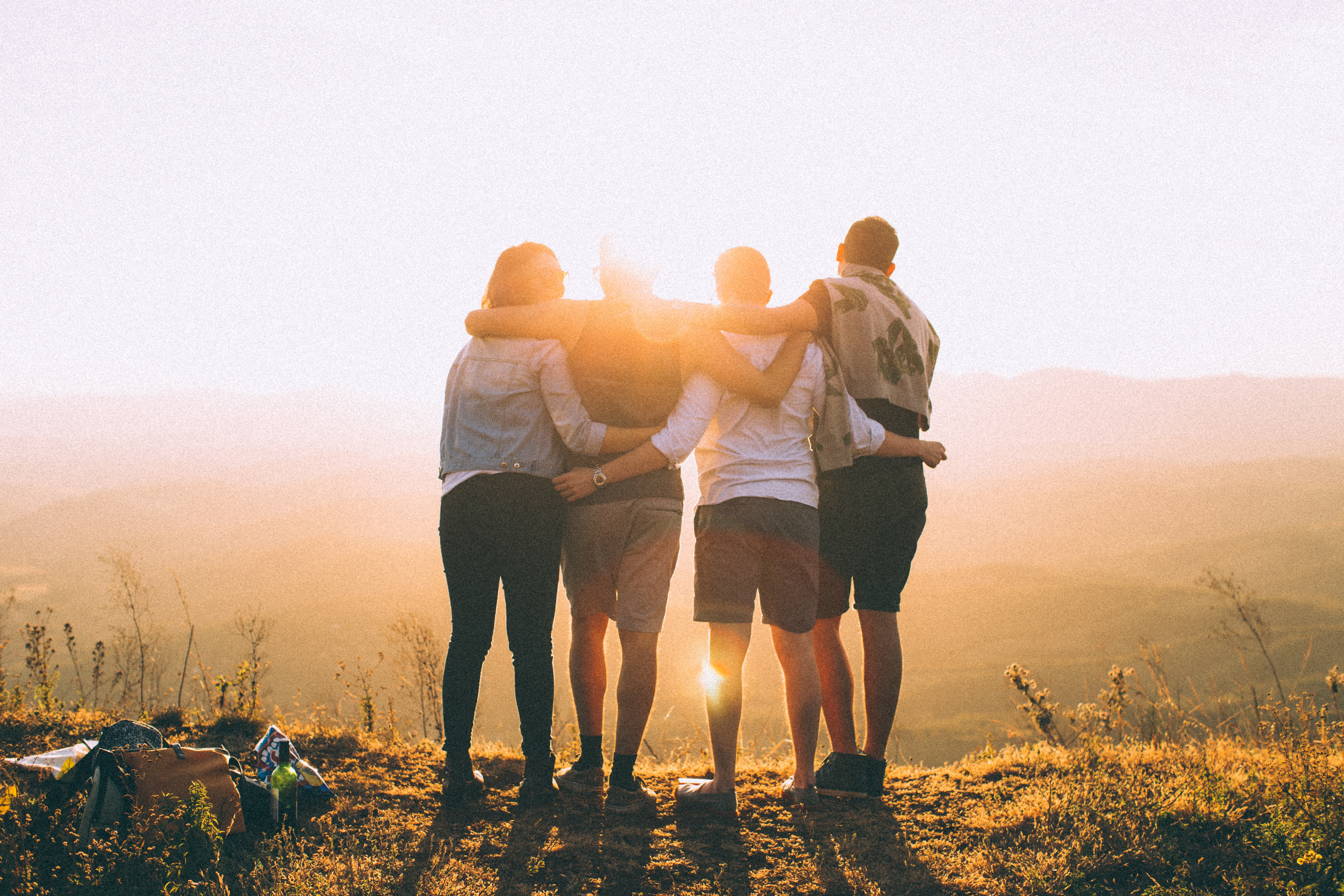Why Personal Communities can be More Difficult than Professional Networks

Deterioration of the sense of community in the US is a common topic at cocktail hour and dinner parties, but solutions are hard to come by. Furthermore, although this crisis feels intuitive in our own communities, there seems to be limited active ideation around how to improve our sense of community. I could rattle off reasons why improving our sense of community is vitally important, but instead I’d like list just one reason that affects all of us: life is really dang hard, and communities make life easier and more rewarding.
Why Professional Networks Feel Natural

In business environments our professional contacts and relationships are often referred to as our network and networking refers to growing our valuable contacts. Professionally, we know how important having a network is because we can point to specific company gains thanks to effective relationships. However extending this same logic into our personal lives feels impersonal… it feels like taking advantage of the people we care about. I think that is because of the deterioration of our sense of community.
In business environments, we know we are all motivated by the same goal: effectively moving the ball forward for our respective organizations. Moving the ball forward could refer to financial progress, extended reach for a nonprofit, brand development, or a number of other things. But we all understand that we are similarly motivated to support our industries and careers, so we are willing to extend a helping hand understanding it is in our mutual best interest. We have a good reason to trust each other in our professional circles. This isn’t the case in our personal network.
Challenges in Personal Networks

In our personal network, we usually have a small group of people we rely on for support and trust wholeheartedly. Outside of that small group, we have trouble seeking support from others or giving support in kind. I believe this comes from a lack of trust in our greater personal network; there is a lack of understanding of each person’s motivation and values making trust difficult to cultivate. If we are going to strengthen our communities, we need to understand how to create trusting communities.
How to Create a Strong and Positive Community
I think the solution to creating strong and positive communities lies in extended studies of current strong community environments combined with creating social policy and incentives that support positive community behaviors. Fundamentally as humans, we want to feel connected to the people around us while simultaneously having the freedom to be ourselves. To achieve this means we have trust in the people that make up the community and the community itself. I really enjoyed this article from the Positive Psychology Program on “The 10 Traits of a Positive Community” as it breaks down how the different ways to encourage connectivity and freedom in a community. Much of this is echoed in this article from the PennState Extension taking a more academic perspective on what creates a good community.

Creating strong and positive communities sounds great in principle, but how can we put this into practice? It’s an intentional effort and it starts with the individual. I’ll have a follow up post with my recommendations on how to strengthen community living in the Reno area which I think is a unique and supportive environment already. However I am curious to learn more on living in existing powerful communities so if you feel you have a strong community surrounding you, I’d love to buy you a cup of coffee to hear your thoughts on benefits and challenges of being part of a powerful community. Do connect with me on LinkedIn or Twitter if you’d like to chat! Thanks for reading!
- Are you a Leader or a Supervisor? - May 3, 2019
- Why Reno Offices Love Dogs - May 2, 2019
- 5 Ways to Strengthen Your Personal Community in Reno - May 1, 2019